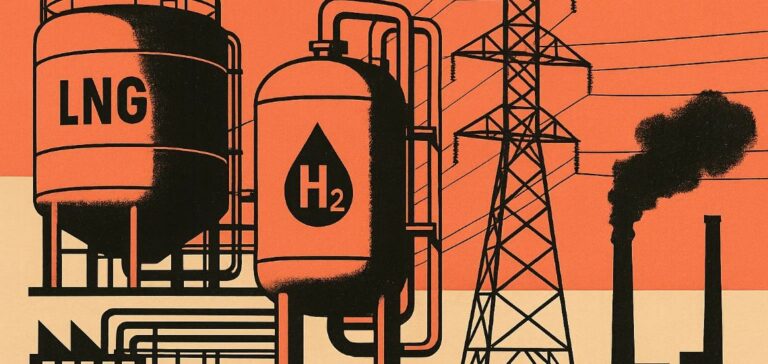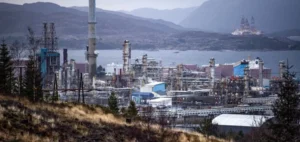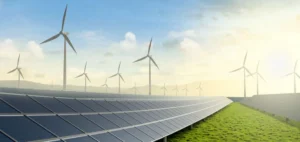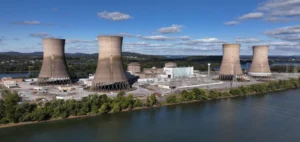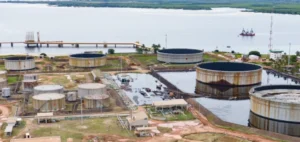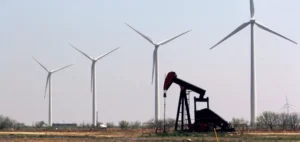The Government of Quebec has published draft regulations in the Gazette officielle du Québec amending Chapters II and III of the construction and safety codes related to gas. These documents are open for public consultation until 27 June and aim to update the rules applicable to gas installations while incorporating the increasing use of hydrogen.
The draft amendment to the Construction Code includes, among other provisions, the adoption of the Canadian Hydrogen Installation Code. It also provides for the formal recognition of new inspection bodies for gas installations and the removal of outdated standards. These measures address a regulatory harmonisation need in light of technological developments and emerging industrial practices.
A strengthened framework for installation safety
The proposed amendment to the Safety Code introduces tighter safety requirements. It mandates the requalification of gas tank relief valves and imposes new obligations for obtaining operating permits, particularly through more rigorous oversight of risk assessment reports.
New standards developed by the CSA Group (formerly Canadian Standards Association) will also be incorporated into the regulatory framework. These provisions aim to ensure better risk prevention in a context of diversified energy sources used across Quebec.
Policy direction and sector implications
Minister of Labour Jean Boulet stated that these changes “also aim to frame the use of hydrogen as a new energy, to make it safer”. He noted that this revision marks a key step in modernising the regulatory environment for the gas industry.
Michel Beaudoin, President and Chief Executive Officer of the Régie du bâtiment du Québec (RBQ), stressed that the revision would “better regulate the safety of gas installations by specifying, among other things, the criteria for developing risk assessment reports”.
The RBQ, which is responsible for enforcing the Building Act in the province, will oversee the adoption and implementation of the new rules. The industrial sector, particularly companies involved in the design, installation and maintenance of gas and hydrogen equipment, may be directly affected by these upcoming changes.


